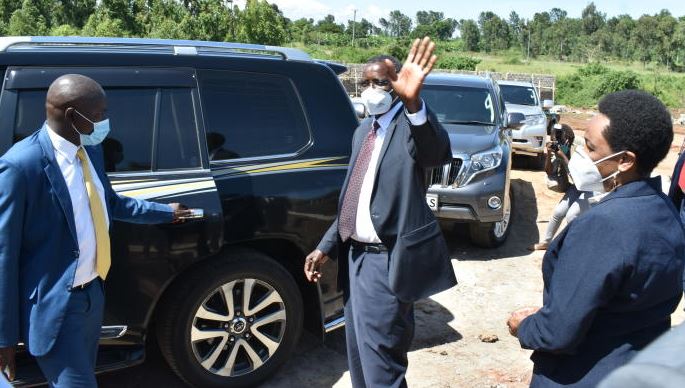×
The Standard e-Paper
Join Thousands Daily

Chief Justice David Maraga yesterday signed off with another jibe at the Executive, trashing a proposal to create the office of the Judiciary ombudsman.
In his last official pronunciation on his last day in office, Justice Maraga said the Judicial Service Commission (JSC) recommends the Building Bridges Initiative (BBI) Constitution of Kenya (Amendment) Bill 2020 amended before it is subjected to a referendum.